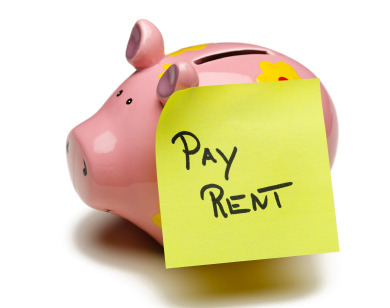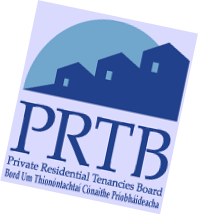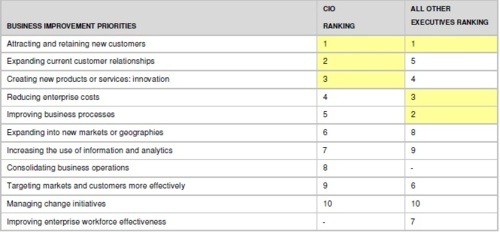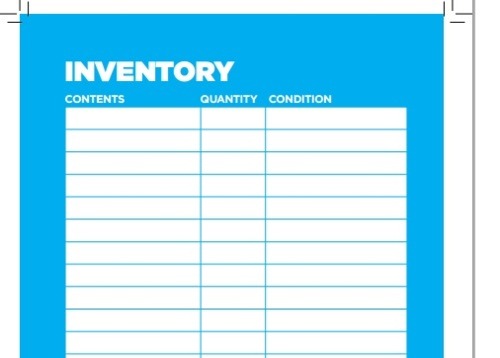
One of the risks with renting or buying a property is you don’t know who your neighbours are. You don’t know if the neighbours are renting or buying, what kind of people they are etc. Rented properties tend to have more issues associated with them. It’s difficult to figure out a reason why this is the case, maybe it’s because the properties isn’t theirs that they don’t feel the same duty of care to it, but that discussion is a touch tangential to the topic at hand. It can be very frustrating as an agent to be getting complaints from tenants about the neighbours’ activities which are seemingly out of your control. So what can you do? Ask your tenant to keep a log of the noise to see if a pattern emerges. Then try to talk to the neighbours directly, in a polite way of course. Being overly accusatory isn’t going to work. If the noise persists, the following is a route to take.
1. Find out who the management company in charge of the property or the landlord is and get in contact with them to inform them of the complaint
2. If the problem is not fixed, write them a formal letter on company headed paper asking them to fix the problem and inform them of the possibility of PRTB action or eviction
3. If it still isn’t fixed, make a third party complaint to the PRTB (this costs €25 and the complaint form can be found on their website)
If the property is a local authority house, then the local authority would be the first place to contact after the neighbours. In some extreme cases, the Gardaí may be better equipped to handle the problem, or at least would work in conjunction with the other parties involved.
You may also be interested in our blog on Keeping a tenant happy & Choosing the right tenant
Thanks for reading!












